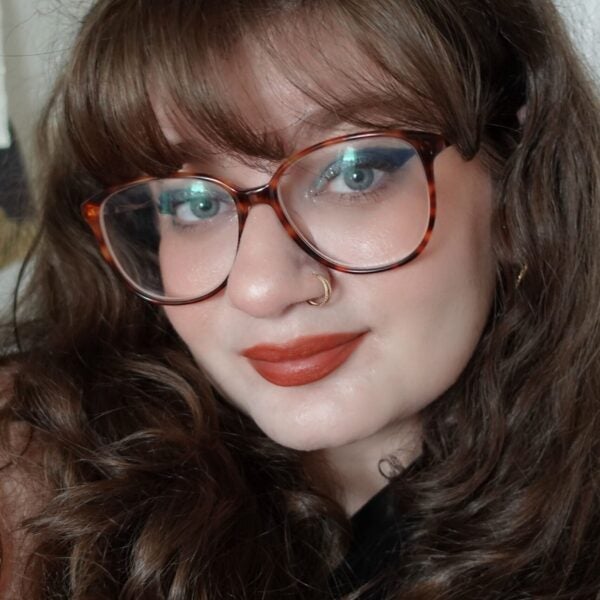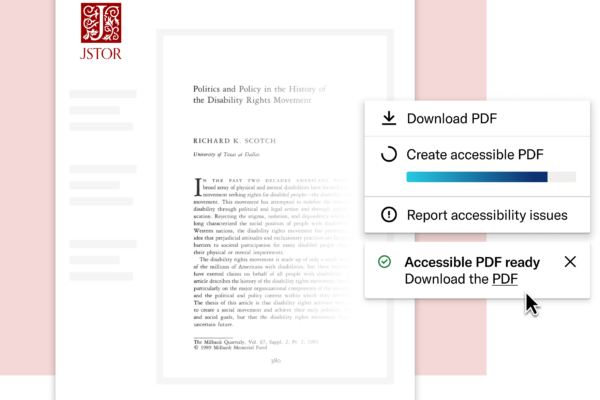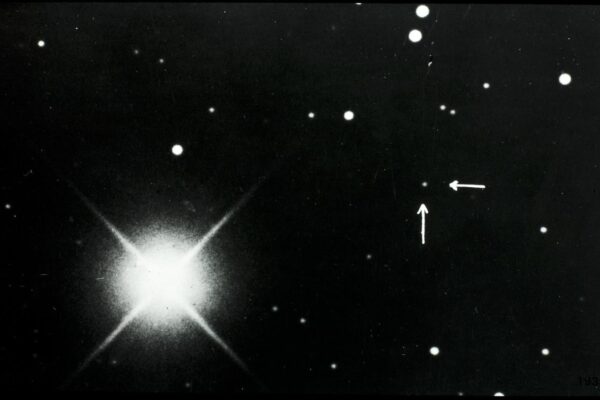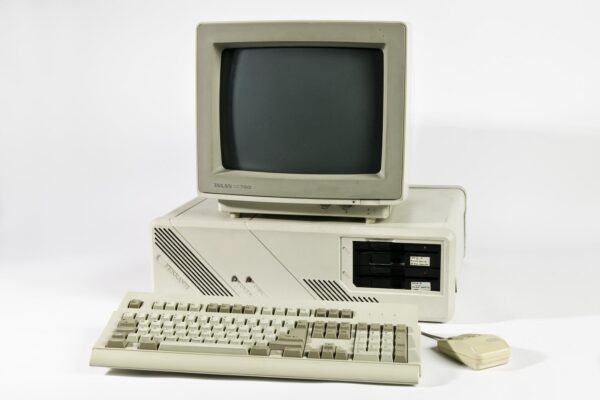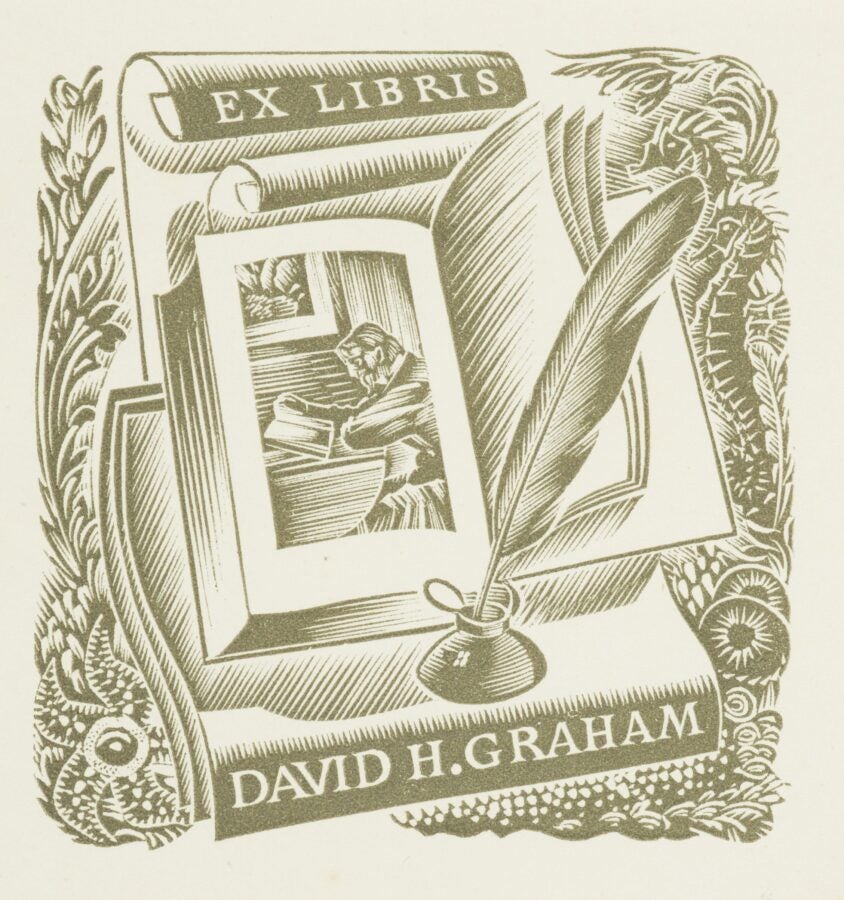
Your library plays a vital role in safeguarding cultural, historical, and scholarly resources. Several grants and programs offer invaluable support to libraries striving to digitize, describe, and preserve their unique collections, including audio and video materials. In an effort to support our library community, we’ve compiled a roundup of a few current opportunities for libraries to apply for funding and resources this year.
1. Atla Digitization Grant Program
This grant supports Atla member institutions in digitizing and describing unique collections focused on religion and theology. The program emphasizes collections that aid in uncovering histories of marginalized communities.
Libraries can request up to $5,000 for new digitization projects or $3,000 to continue projects already in progress. Applications must include metadata creation and ensure open access to digitized materials through the Atla Digital Library. Applications are due by March 1, 2025.
2. National Film Preservation Foundation: Basic Preservation Grants
This program from the National Film Preservation Foundation provides grants ranging from $1,000 to $20,000 for preserving culturally significant films.
Eligible projects must focus on creating preservation elements and public access copies. Priority is given to orphan films of high cultural or scholarly value. Applications are due by April 25, 2025, and projects must begin by July 2025.
3. Native American Library Services: Enhancement Grants
Designed to support federally recognized Tribes, this program from the Institute of Museum and Library Services funds activities such as digitization, oral history documentation, and the development of language and cultural resources.
Grants range from $50,000 to $150,000 with no cost-sharing requirement. Applications are due by April 1, 2025, with projects starting in September 2025.
4. CLIR’s Recordings at Risk Program
Administered by the Council on Library and Information Resources (CLIR), this program focuses on preserving rare and fragile audio, audiovisual, and time-based media.
Grants between $10,000 and $50,000 cover costs for digital reformatting by qualified service providers. The twelfth application cycle is now open, with submissions due by April 14, 2025.
5. NEH Public Humanities Projects
The National Endowment for the Humanities offers grants to bring humanities ideas to life for broad audiences through public programming. Projects may include exhibitions, discussion series, and interpretation plans.
Planning grants are available for up to $60,000, while implementation grants can range up to $400,000, with additional funding available for public humanities positions. Applications open on May 13, 2025, with submissions due by August 13, 2025.
6. Mellon Foundation: Community-Based Archives Grants
The Mellon Foundation is offering grants to support community-based archives that document and preserve the histories of underrepresented communities. Funding can be used for staff, space, collections care, programming, and public engagement efforts. Awards range from $25,000 to $100,000, with a two-year grant period beginning August 1, 2025.
Eligible applicants must be based in the U.S. or its territories, have 501(c)(3) status or be a federally recognized Indian tribe, and maintain an actively collecting archive. Registration requests are due by March 12, 2025, with full proposals due by March 28, 2025.
Why these opportunities matter
Preserving cultural heritage and providing access to knowledge are at the heart of libraries’ missions. These grant programs may offer financial resources and empower institutions to elevate their technical expertise and broaden public engagement with their collections.
To learn more about how JSTOR can empower libraries to build and safeguard their collections, visit our website. We’re well-positioned to support your library in sharing and preserving unique institutional collections–including audio and video materials–with growing digital stewardship services.
